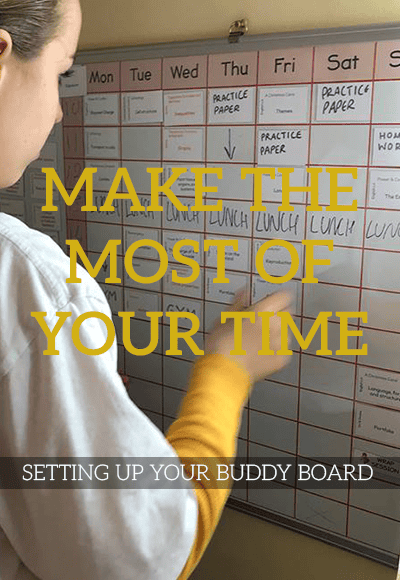
“There’s Loads of Time” (And Other Sunday Night Myths)
Ever wonder why “it’ll only take ten minutes” turns into a three-hour Sunday night meltdown? It’s not laziness—it’s biology. We explore the Planning Fallacy and

When it comes to a child’s success in life, parents are the unsung heroes. While schools and peer groups play obviously significant roles, the home environment has a lasting impact on a child’s character, mindset, and academic achievement.
Research shows that parent engagement in their child’s education is the single most influential factor in improving attainment. In research by John Hattie, it was shown that parental engagement was the equivalent of adding two to three years of extra schooling. But what does parent engagement really mean, and how can parents and schools work together to foster it? Let’s dive into the findings and practical ideas from recent research.
We parents are our children’s first teachers. We shape their early experiences and attitudes toward learning. With three-quarters of a child’s waking hours spent outside school, home remains a critical space for learning. Engaged parents — that is to say, those who actively participate in their child’s education — can set high aspirations, have meaningful conversations, and demonstrate their interest in learning generally. This not only boosts academic achievement but also helps develop essential character traits like self-regulation, empathy, and persistence.
Interestingly, the more that parents and children talk about meaningful subjects, the better students perform academically. This doesn’t just mean talking about the news and current affairs. Conversations about school progress, external events, and hobbies can significantly shape a child’s self-concept as a learner. It’s not just about being involved in school activities; it’s what parents do at home that has the greatest impact.
Historically, parents were the sole educators of their children, teaching them life skills and knowledge within the family or community. As formal schooling became widespread in the 19th century, the roles of parents and teachers grew apart. However, in recent decades, there’s been a global recognition of the importance of parent engagement, with initiatives like Every Child Matters in England emphasising the role of parents in education.
As parents, we shouldn’t underestimate the natural ability we have to motivate, encourage or sympathise with our children. No one knows them better than us. This is a key skill in helping them to find the drive they need to excel.
Research highlights six key factors that influence student achievement through parent engagement:
Parents can also engage in constructive activities like reading together, visiting museums, encouraging hobbies, and discussing current events. These actions not only enhance academic performance but also build confidence and resilience in children.
Research suggests that “tough love” – a combination of clear boundaries and warmth – is most associated with successful outcomes for children. This approach helps children become self-regulating, cooperative, and socially responsible. Additionally, praising children for their effort rather than any supposed innate intelligence fosters a growth mindset. It encourages them to believe that hard work and persistence can lead to success.
Here are some simple yet impactful steps to support your child’s learning:
Parent engagement is a powerful tool for shaping successful learners. By setting high expectations, fostering meaningful conversations, and creating a positive home environment, parents can significantly influence their child’s academic and personal development. Schools, too, have a role to play in supporting and encouraging parent engagement. Together, parents and schools can unlock the full potential of every child, preparing them not just for exams but for life in a rapidly changing world.
So, embrace the power of parent engagement and create your own confident, curious, and resilient learner.
For more on how you can parent your child through their education, check out our podcast series. Each episode looks at an aspect of how we can support out teens.






Our GCSE Special bundle is everything you need to get going quickly and easily.

Ever wonder why “it’ll only take ten minutes” turns into a three-hour Sunday night meltdown? It’s not laziness—it’s biology. We explore the Planning Fallacy and

One sweet now or two sweets in a month? Discover how the concept of Future Self might be skewing your teens perception of value and

Is your teen’s revision actually sticking? Discover the Dunlosky study findings on high-utility techniques like Spacing and Interleaving. Learn how to beat the Forgetting Curve
An offer code will be sent to you. By subscribing to our newsletter you agree to our Terms and Conditions and Privacy Policy. You can unsubscribe at any time.
Thank you for signing up! Check your inbox soon for special offers from us.
In the meantime, you can use the code Welcome5

